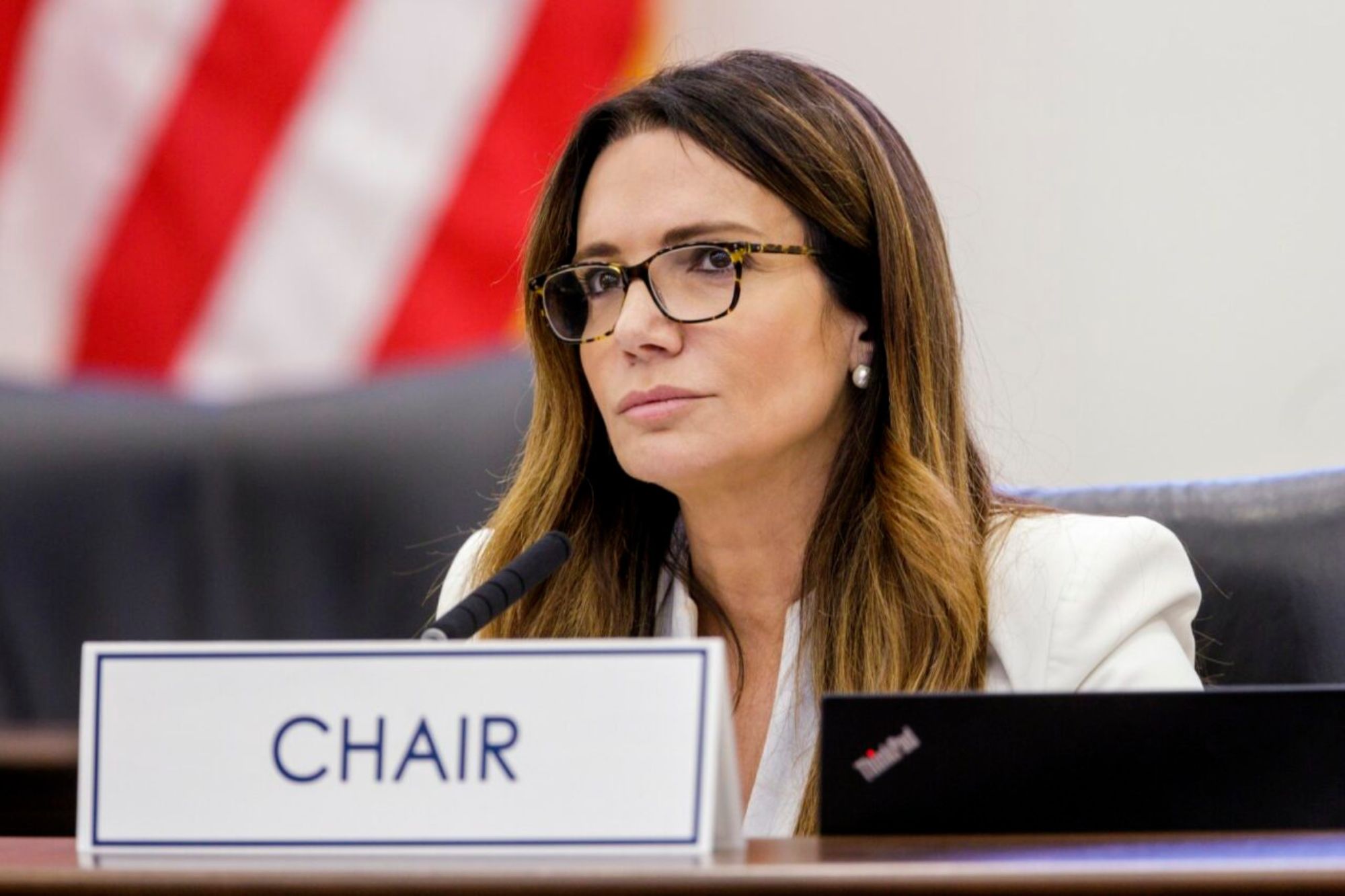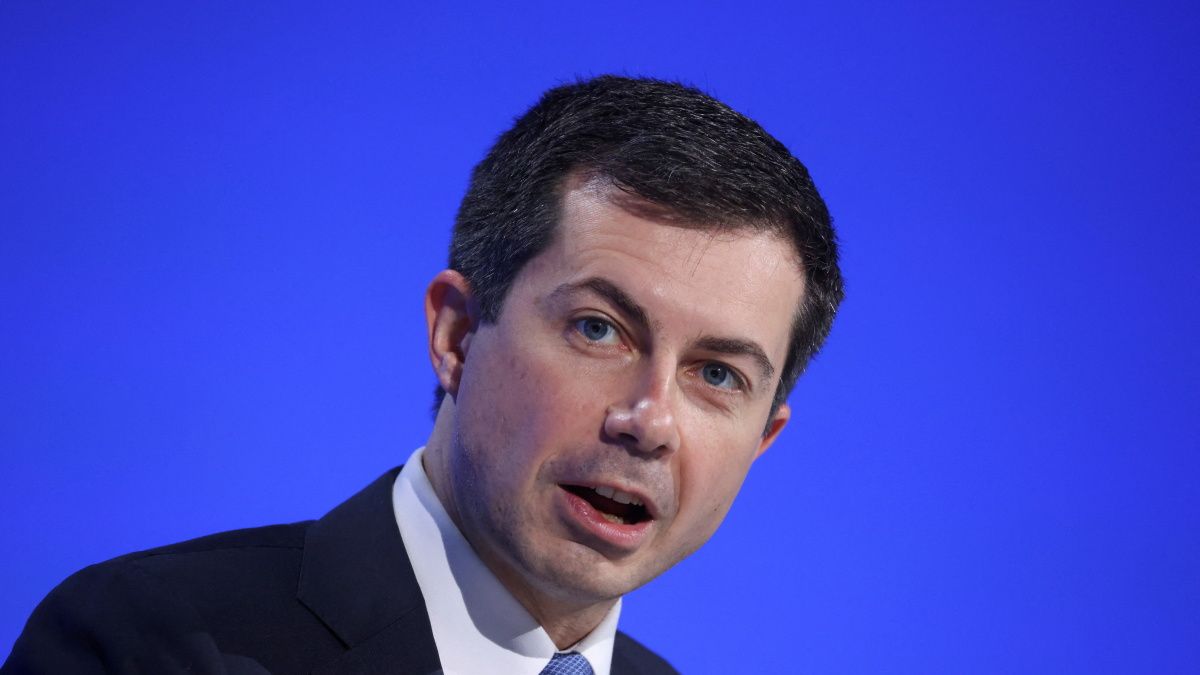Petrol supplies at French service stations fell further over the weekend due to a weeks-long strike at oil major TotalEnergies, Prime Minister Elisabeth Borne said on Sunday, prompting possible further requisitioning of services.
President Emmanuel Macron’s government is facing mounting social unrest due to high inflation, with thousands protesting on Sunday against soaring prices and several trade unions calling for a general strike.
“We’re at about 30% of the stations that have a supply problem on at least one of the fuels,” Borne said in an interview on French TV channel TF1.
Energy ministry data on Saturday showed 27.3% of French petrol stations were facing supply problems, down from 28.5% the previous day and 30.85% on Wednesday, when requisitioning started.
Under the requisitioning plan, some workers are ordered to go back to work to guarantee the resumption of minimum services.
“If there are very tense situations tomorrow… we will also carry out requisitioning,” Borne said.
“There is a wage agreement that has been signed by organisations representing the majority of employees (at TotalEnergies),” Borne said.
“(Workers) have to go back to work.”
Borne said the general discount on fuel prices at service stations that it introduced in response to the surge in global oil prices would be extended to mid-November.
The discount of 30 cents per litre was previously due to be reduced to 10 cents on Nov. 1.
The prime minister added she had talked with TotalEnergies CEO Patrick Pouyanne and that he had agreed to extend the company’s additional discount of 20 cents per litre.
The country’s refinery strike, led by the hardline CGT union, is also emboldening the political opposition, likely leading the government to use special constitutional powers to pass its 2023 budget bill, Borne said.
The government is set to use special constitutional powers that would allow it to bypass a vote in parliament, Borne said.
Opposition parties would be likely to respond with a motion of no confidence, which would likely fail but would nonetheless be damaging as the government seeks to build bridges for planned pension reform.
Lacking a sound majority to pass the bill through a regular vote, the government decided to use the special powers, decried by opponents as being undemocratic, to avoid the humiliation having the country’s tax-and-spend law voted down.







